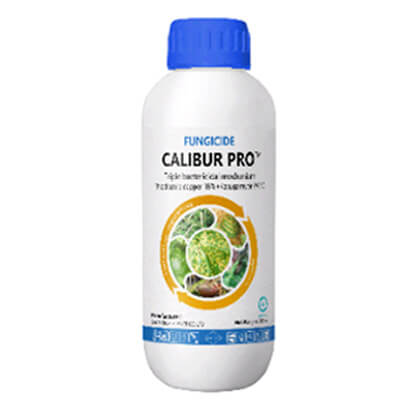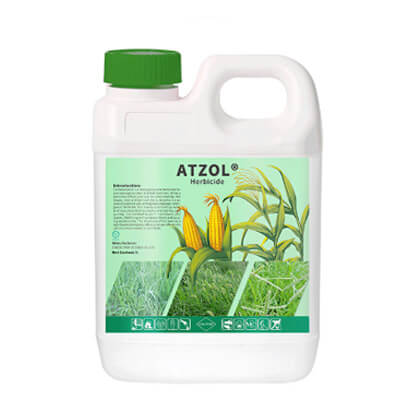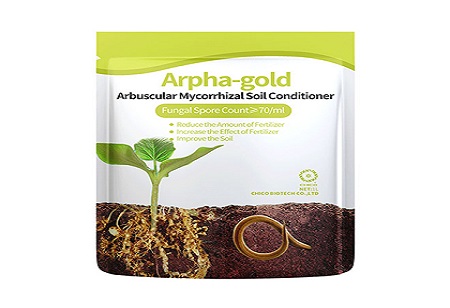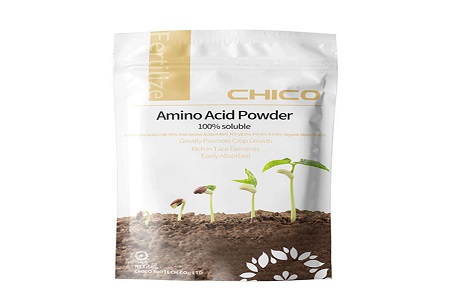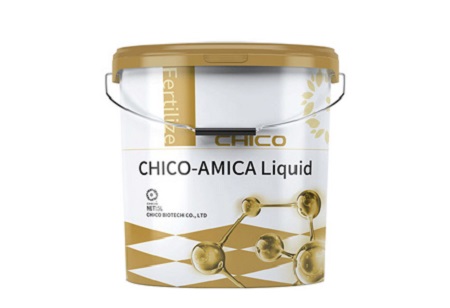
Beneath the Surface: How Humic Acid Fertilizers Improve Soil Health
When it comes to cultivating healthy crops and vibrant gardens, the key often lies beneath the surface. Humic acid fertilizers, a natural component of soil organic matter, are gaining attention for their remarkable ability to enhance soil health. In this exploration, we delve into the depths of soil science to uncover the transformative effects of humic acid fertilizers.
Understanding the Basics: What is Humic Acid?
Before we can grasp the soil-improving prowess of humic acid, it's essential to understand its origins. Humic acid is a complex organic substance formed through the decomposition of plant and animal matter. Rich in carbon, it plays a crucial role in soil structure and nutrient availability.
Soil Structure Reinvented
One of the primary benefits of humic acid fertilizers lies in their capacity to enhance soil structure. These fertilizers act as a binding agent, promoting the aggregation of soil particles. This results in improved soil porosity and aeration, facilitating better water infiltration and root penetration. The end result? A soil environment that provides an optimal foundation for plant growth.
Nutrient Unlocking: A Biochemical Marvel
Humic acid's impact extends beyond structural improvements. It acts as a biochemical facilitator, unlocking essential nutrients and making them more available to plants. By chelating minerals, humic acid prevents nutrient tie-up in the soil, ensuring that plants can absorb and utilize vital elements for their growth and development.
Water Retention and Conservation
In an era of increasing water scarcity, the ability of soils to retain moisture is of paramount importance. Humic acid fertilizers excel in promoting water retention. Their unique molecular structure enhances the soil's water-holding capacity, reducing the frequency of irrigation and mitigating the impact of drought stress on plants.
pH Balancing Act
Maintaining the right pH balance is crucial for nutrient uptake by plants. Humic acid serves as a natural buffer, helping to regulate soil pH. This ensures that the soil remains in the optimal range for nutrient availability, fostering a harmonious environment for plant growth.
In the world of agriculture and horticulture, the quest for sustainable and efficient practices is ongoing. Humic acid fertilizers emerge as a valuable tool in this pursuit, offering a holistic approach to soil health improvement. By addressing soil structure, nutrient availability, water retention, and pH balance, humic acid fertilizers provide a foundation for robust and resilient plant ecosystems. As we continue to unearth the secrets beneath the surface, it becomes clear that humic acid is a key player in cultivating a healthier and more productive tomorrow.












